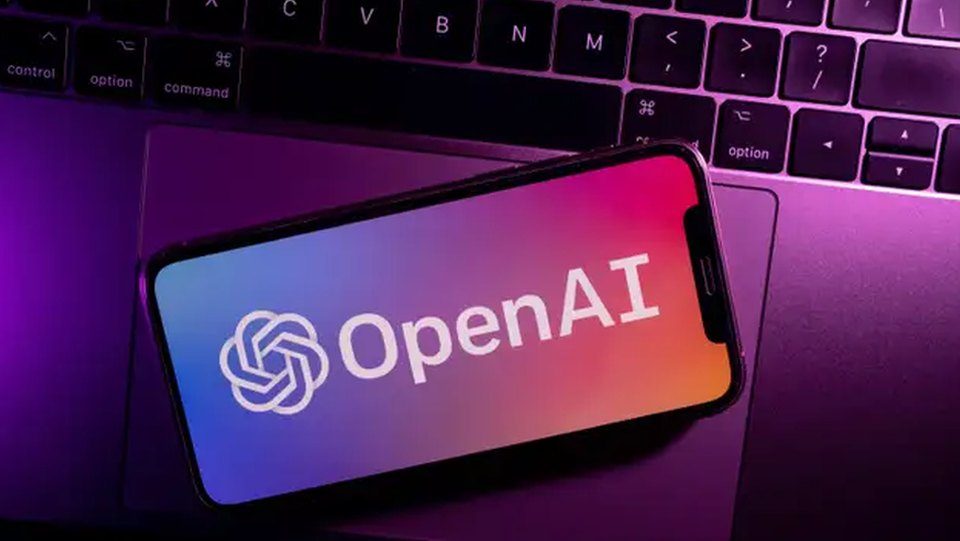OpenAI sued for copyright infringement by a group of prominent authors including John Grisham and others

In a significant legal development about the growing concern of AI using copyrighted works without permission, a trade association representing U.S. authors has filed a lawsuit against OpenAI in the federal court of Manhattan over copyright infringement.
The suit, representing notable authors such as John Grisham, Jonathan Franzen, George Saunders, Jodi Picoult, and the acclaimed “Game of Thrones” novelist, George R.R. Martin, alleges that OpenAI unlawfully trained its widely popular artificial intelligence-based chatbot, ChatGPT, using their copyrighted literary works.
The news of the lawsuit comes just two months after OpenAI was sued for scraping and stealing private data from millions of people without their consent. The maker of the popular ChatGPT found itself in hot water for allegedly scraping “300 billion words from the internet, including books, articles, websites, posts,” and personal information of people without consent.
The lawsuit was filed in federal court in San Francisco. The plaintiffs claim potential damages of $3 billion, taking into consideration a category of individuals they believe to be in the millions, who have been adversely affected by the alleged actions. The anonymous individuals claimed that OpenAI ignored risks and violated privacy laws after it secretly conducted a massive web-scraping operation that involved the theft of private information of hundreds of millions of internet users without consent.
Meanwhile, the latest lawsuit is part of a growing trend where writers are taking legal action due to concerns that AI programs are utilizing their copyrighted creations without proper consent.
In documents submitted to federal court in New York on Tuesday, the authors alleged the “flagrant and harmful infringements of plaintiffs’ registered copyrights” and called the ChatGPT program a “massive commercial enterprise” that is reliant upon “systematic theft on a mass scale.” In a statement, Authors Guild CEO Mary Rasenberger said:
“It is imperative that we stop this theft in its tracks or we will destroy our incredible literary culture, which feeds many other creative industries in the U.S. Great books are generally written by those who spend their careers and, indeed, their lives, learning and perfecting their crafts. To preserve our literature, authors must have the ability to control if and how their works are used by generative AI.”
Prominent authors joining the recent legal action encompass Michael Connelly, renowned for “The Lincoln Lawyer,” as well as lawyer-novelists David Baldacci and Scott Turow.
OpenAI and other AI defendants have contended that their utilization of training data obtained from internet scraping aligns with the fair use provisions of U.S. copyright law. A spokesperson for OpenAI reiterated the company’s commitment to respecting authors’ rights and is “having productive conversations with many creators around the world, including the Authors Guild.”
You can read the entire legal filing below.
AUTHORS GUILD OPENAI LAWSUIT
